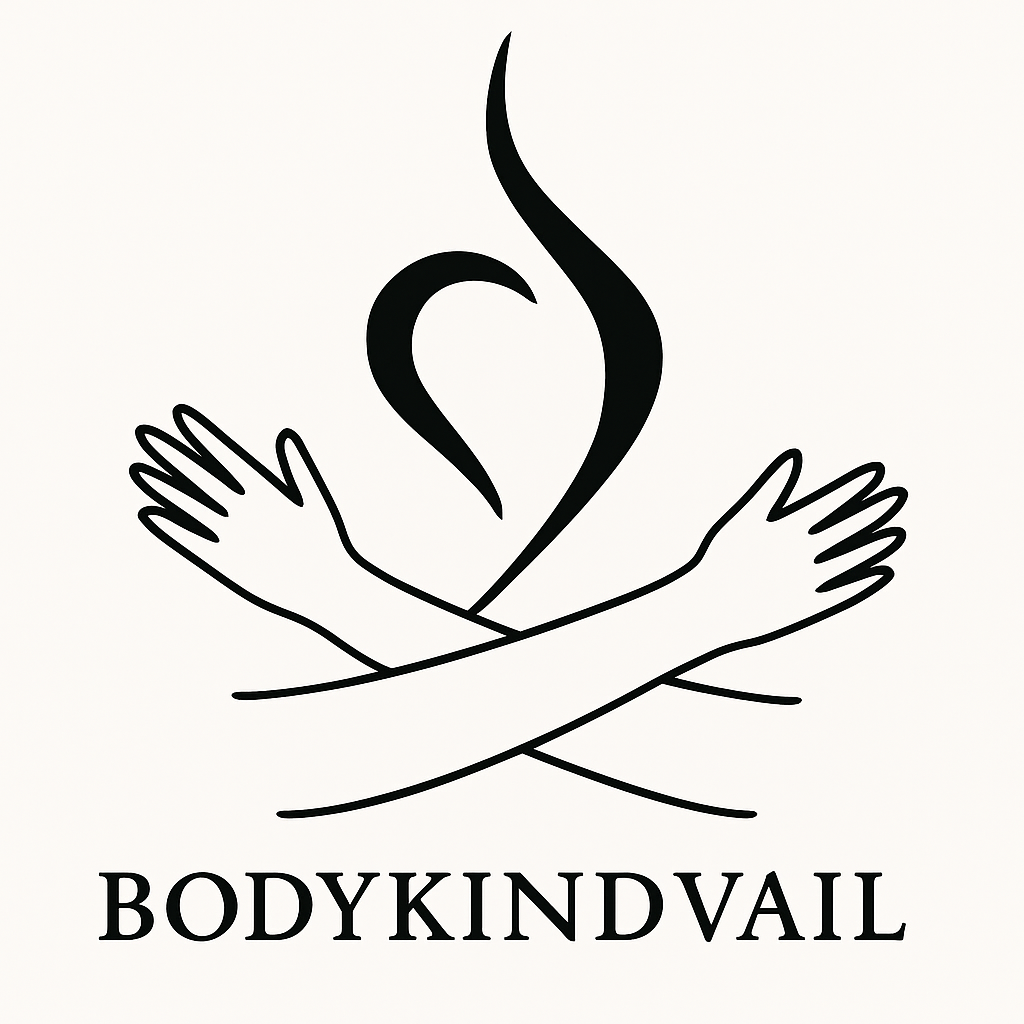Orthorexia: When “Healthy Eating” Becomes Harmful
In a place like Vail, Colorado—where mountain living, outdoor adventure, and wellness culture are central to daily life—healthy eating is often celebrated. Smoothies, clean eating, Whole30, organic markets, and intense fitness regimens are the norm. While nourishing our bodies is important, there’s a lesser-known risk that can come with a hyperfocus on eating "right": orthorexia.
What Is Orthorexia?
Orthorexia is an eating disorder characterized by an obsession with eating foods one considers healthy or “pure.” Unlike other eating disorders that may focus on quantity of food or body weight, orthorexia is rooted in food quality. Over time, it can lead to extreme dietary restrictions, social isolation, and even malnutrition.
What begins as an innocent intention to “eat better” or “be healthier” can slowly spiral into rigid food rules, anxiety around eating, and fear of anything deemed “unhealthy.” In a wellness-driven community like Vail, these behaviors can easily go unnoticed—or worse, be praised.
Why It Matters in a Place Like Vail
Vail’s culture places a strong emphasis on outdoor performance, physical fitness, and health optimization. While these values can promote vitality and connection with nature, they can also unintentionally fuel disordered eating patterns.
According to the National Eating Disorders Association (NEDA), orthorexia is particularly prevalent in communities where health and fitness are prioritized. Individuals who are perfectionistic, achievement-oriented, or involved in high-performance sports—traits common in Vail’s active population—may be especially vulnerable.
The normalization of “clean eating” and food-related moral judgment ("I was bad for eating that") can create a culture where food becomes something to control rather than enjoy. This environment makes it even harder for individuals struggling with orthorexia to recognize that their behaviors are not actually supporting their well-being.
How BodyKind Vail Is Responding
At BodyKind Vail, we are committed to shifting the narrative around food, health, and body image in our community. We work to foster body acceptance and food neutrality, helping individuals build more peaceful relationships with their bodies and with eating.
Through weekly peer support groups, meal support programming, and community education, we provide non-clinical spaces where people can safely talk about their relationship with food without judgment. Many participants have expressed feeling immense relief in hearing others describe similar struggles—especially those who have found themselves trapped in rigid “health” habits that others often applaud.
We also work with local youth programs, coaches, and schools to address the pressure young people may feel to eat or look a certain way. In doing so, we aim to prevent disordered behaviors before they take root and to create a more body-kind, inclusive culture across Eagle County.
If you or someone you know is struggling with food rules, fear around eating, or stress about being “perfectly healthy,” know that help exists—and that health is so much more than what’s on your plate.
Sources:
National Eating Disorders Association (NEDA) – www.nationaleatingdisorders.org
Dunn, T. M., & Bratman, S. (2016). On orthorexia nervosa: A review of the literature. Appetite, 105, 151–159.
Eagle County Public Health – Community Health Assessment Reports

